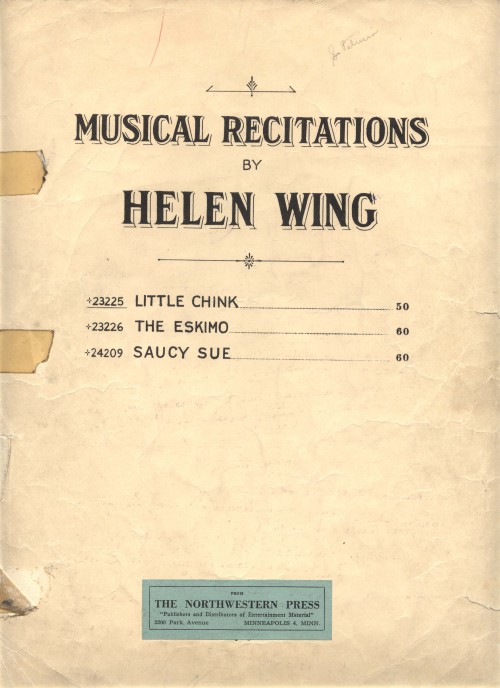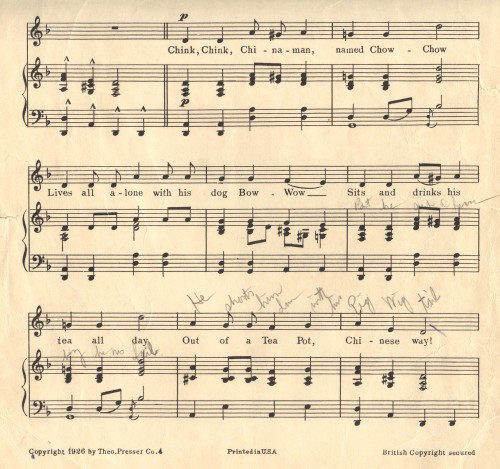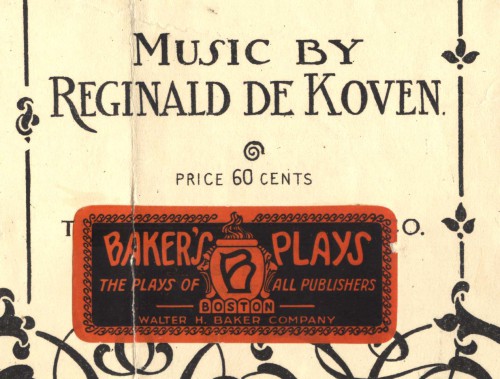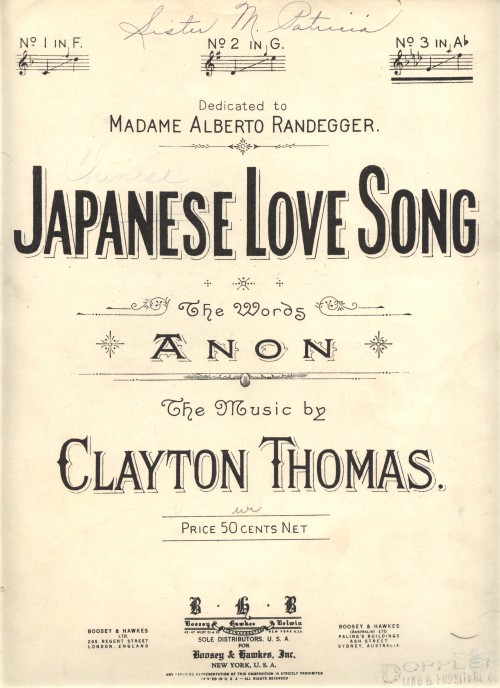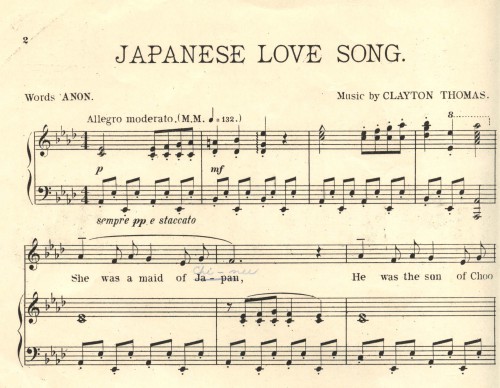 Well, that all depends on who you are.
Well, that all depends on who you are.
China Daily reports that “adultery” is now banned for communist party members. That might seem a bit shocking, in one direction or another, depending on your view point of China and/or politics. You may have thought that was already the case or you may have thought that as in the US’s republican party and religious community, the anti-adultery stance was just a common sense approach for politicians — that marital infidelity is proof of “disloyalty” which would include a broken or weak commitment to country. Or, heck, maybe you never thought about it all. However, now you know: Though adultery is not illegal in China, it is now forbidden under CPC rules. And just in case you were wondering, there are a few distinctions regarding this new policy too.
Firstly, it seems the terms “adultery” doesn’t mean a simple extramarital affair; it means having a mistress — or more than three mistresses, to be precise. So cheating in general is A-OK; having one, two, or even three mistresses is A-OK; but four or more (presumably at the same time) is trouble. You might think this magic number of three has something to do with another typical assertion here in the USA, namely the fear that politicians would be sharing government secrets with lovers via pillow-talk; the more partners, the more pillows, the more talk. Hence, the greater the mathematical danger of loose lips sinking our nation’s warships. But the Chinese Communist Party is far more worried about another kind of math. The BBC explains:
In the public’s eyes, mistresses have become the ultimate symbol of corruption. The common assumption is no official would able to buy his mistress a car or a home without pilfering from public funds.
Secondly, sexism remains alive and well in this Chinese version of the Red Menace; for there is no mention of female party members. I suppose the term “mistress” might include the lesbian variety of paramours; but there is no mention of male lovers kept by women (or by men, for that matter).
The third issue worthy of noting in this new CPC rule is that there was no list of punishment(s) for those who break the rule.
In any case, Communist Party members must now at least appear to adhere to a higher moral standard than the general public.
I guess all things are not equal in this land of Communism. What. A. Surprise.
